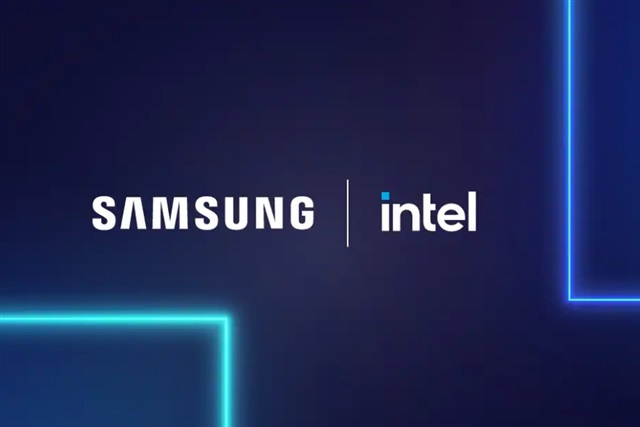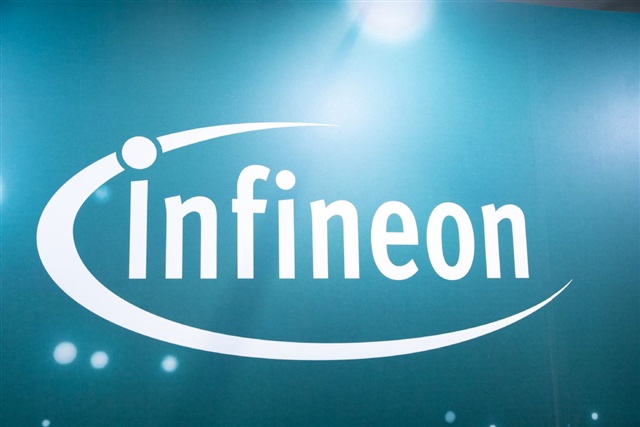Koike of Japan and the Japan National Institute of Advanced Industrial Science and Technology (AIST) have come up with a single-crystal material that could be used as an electrolyte in solid-state batteries.
The company will soon begin sampling battery manufacturers, with production envisaged in 2027/28.
When used for a battery electrolyte the new material material is claimed to reduce electrical resistance by nine-tenths.
To prevent degradation, a liquid is applied to the electrodes, making the battery a type of “semisolid-state” battery that uses both solids and liquids.
Used in such a battery in a pacemaker, the material could extend pacemakers’ battery life from 10-15 to 50 years.
Koike makes monocrystalline wafers and has developed monocrystals with a diameter of 25mm for batteries.
Stay up to date with the latest in industry offers by subscribing us. Our newsletter is your key to receiving expert tips.

Samsung is reportedly evaluating a potential European semiconductor expansion alongside its South Korea and US manufacturing base, as the region tightens local production requirements and Germany seek

Given frequent price increases across precious metals, wafer foundry services, and packaging and testing, Infineon's announcement of price increases is very telling for the market. The company wil

Nvidia has recently signaled to Samsung Electronics that it hopes to secure early deliveries of sixth-generation high-bandwidth memory, known as HBM4. At the same time, as memory makers devote an incr